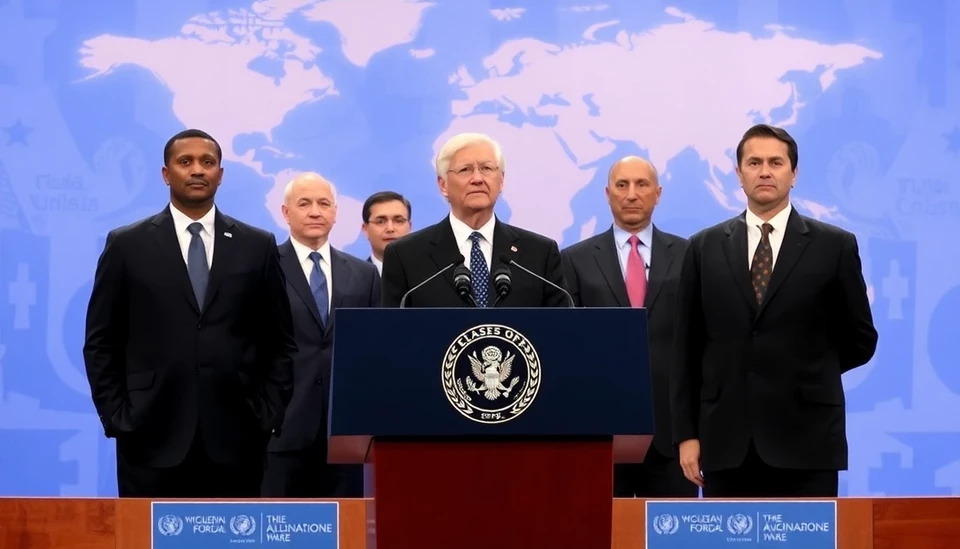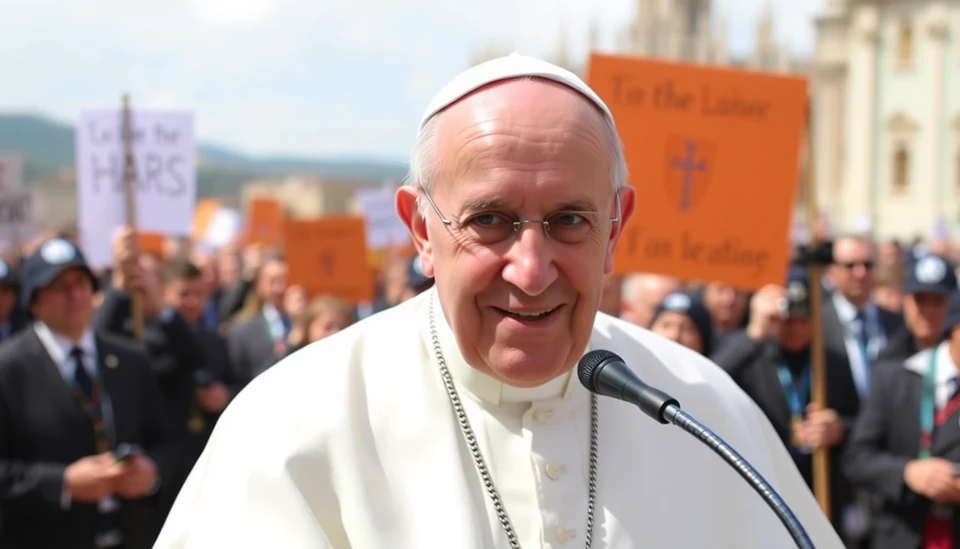
In a significant move aimed at bolstering the United Kingdom's leadership in global environmental efforts, Labour leader Keir Starmer has announced an ambitious plan to enhance the country’s climate targets. During a speech at the United Nations climate conference, Starmer pledged to cut greenhouse gas emissions by a substantial 75% by the year 2030. This ambitious goal marks a notable escalation from the UK’s currently legislated target of reducing emissions by 68% within the same timeframe.
Starmer's announcement is not merely a political maneuver; it signifies a decisive shift towards more robust climate action in the face of escalating global temperatures and environmental degradation. The Labour leader underscored the urgency of addressing the climate crisis, highlighting the UK’s historical responsibility and its potential role as a leader in worldwide climate solutions.
As part of his proposed plan, Starmer emphasized the importance of transitioning towards renewable energy sources. He outlined a clear vision for ramping up investments in green technologies, including wind, solar, and hydrogen energy, which he argues are vital for both achieving ambitious emission reductions and securing long-term job creation within the green economy.
Starmer also pointed to the ongoing consequences of climate change already affecting communities across the UK, including increasing flooding and extreme weather events. By focusing on immediate action and establishing rigorous targets, the Labour party aims to catapult climate policy to the forefront of the political agenda ahead of upcoming elections.
In his address, Starmer outlined how his plans could dramatically reshape the UK economy by reallocating resources towards sustainable sectors, thus creating thousands of new jobs while simultaneously tackling socio-economic inequalities amplified by climate change. He made it clear that this is not just an environmental necessity but also an economic opportunity that Britain cannot afford to overlook.
The bold pledge has garnered mixed reactions across the political spectrum. While environmental activists have lauded the commitment as a necessary evolution in the UK’s climate narrative, critics argue that the ambitious targets may invite skepticism regarding their feasibility and the financial implications involved in meeting such goals. With energy prices and economic pressures already at the forefront for many families, the Labour party faces the challenge of convincing the public of the long-term benefits this transition entails.
Starmer's increased focus on climate change aligns with a growing global consensus regarding the urgency of taking action. As world leaders gather to discuss strategies at various climate summits, Starmer seeks to position the UK as both a pioneer and a willing participant in the fight against climate change.
As the 2024 elections approach, the Labour party is keen to leverage this renewed commitment to climate goals to galvanize support among voters who prioritize environmental issues. Starmer's plan serves not just as an environmental strategy, but as a cornerstone of his political platform, aiming to resonate with a populace that increasingly demands action on climate change.
In conclusion, with his groundbreaking announcement, Keir Starmer has set the stage for a transformative shift in the UK’s climate policies. The proposed 75% reduction in emissions by 2030 could signify a monumental change in the nation’s approach to tackling climate issues, reinforcing its potential role as a global leader in sustainability and climate justice.
#ClimateAction #Starmer #LabourParty #UKPolitics #Sustainability #GreenEconomy #RenewableEnergy
Author: Sophie Bennett




